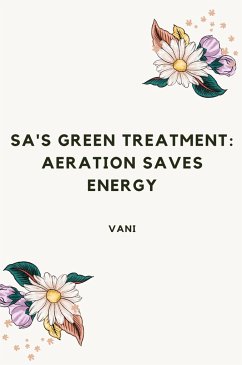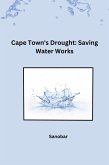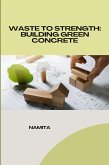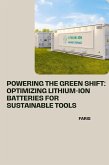SA's Green Treatment: Aeration Saves Energy (approx. 600 words)South Africa's water story is one of both necessity and challenge. With a growing population and limited freshwater resources, efficient wastewater treatment is vital. However, traditional wastewater treatment plants (WWTPs) often rely on energy-intensive processes, straining budgets and impacting the environment. Here's where the concept of "green treatment" shines - specifically, optimizing aeration for significant energy savings in WWTPs.The Energy Drain: Why Aeration MattersAt the heart of biological wastewater treatment lies a process called aeration. This involves pumping air into the water to provide oxygen for microorganisms that break down organic matter. While crucial for effective treatment, aeration can be a major energy guzzler, accounting for up to 75% of a WWTP's total energy consumption [1]. In a country grappling with rising energy costs and a growing environmental consciousness, South Africa needs to find more efficient ways to manage this process.Breathing New Life into Treatment: Strategies for Aeration EfficiencyFortunately, a toolbox of solutions exists to unlock significant energy savings through aeration efficiency:Fine-Bubble Diffusers: These replace traditional coarse-bubble diffusers, creating smaller, more evenly distributed bubbles. This increases the surface area for oxygen transfer, requiring less air to achieve the same results. Think of it like switching from a garden hose to a misting nozzle - you get better coverage with less water (or in this case, air).Smart Controls: The Power of Data Imagine a WWTP that adjusts its aeration based on real-time oxygen demand, not a predetermined schedule. This is achievable with advanced process control systems. These systems monitor dissolved oxygen (DO) levels within treatment tanks and automatically adjust air flow, eliminating unnecessary aeration and wasted energy.DO Sensors: Seeing Clearly in the Water Precise DO sensors act as the eyes of the system, providing continuous feedback on oxygen levels. Operators can then fine-tune aeration based on real-time data, preventing over-aeration and the associated energy waste.Intermittent Aeration: Working Smarter, Not Harder This strategy involves alternating periods of aeration with anoxic (oxygen-free) conditions. Microorganisms can adapt to these cycles, allowing for efficient treatment while reducing overall aeration time. Think of it as giving the microbes a rest - they can still do their job with less constant air supply.
Bitte wählen Sie Ihr Anliegen aus.
Rechnungen
Retourenschein anfordern
Bestellstatus
Storno









